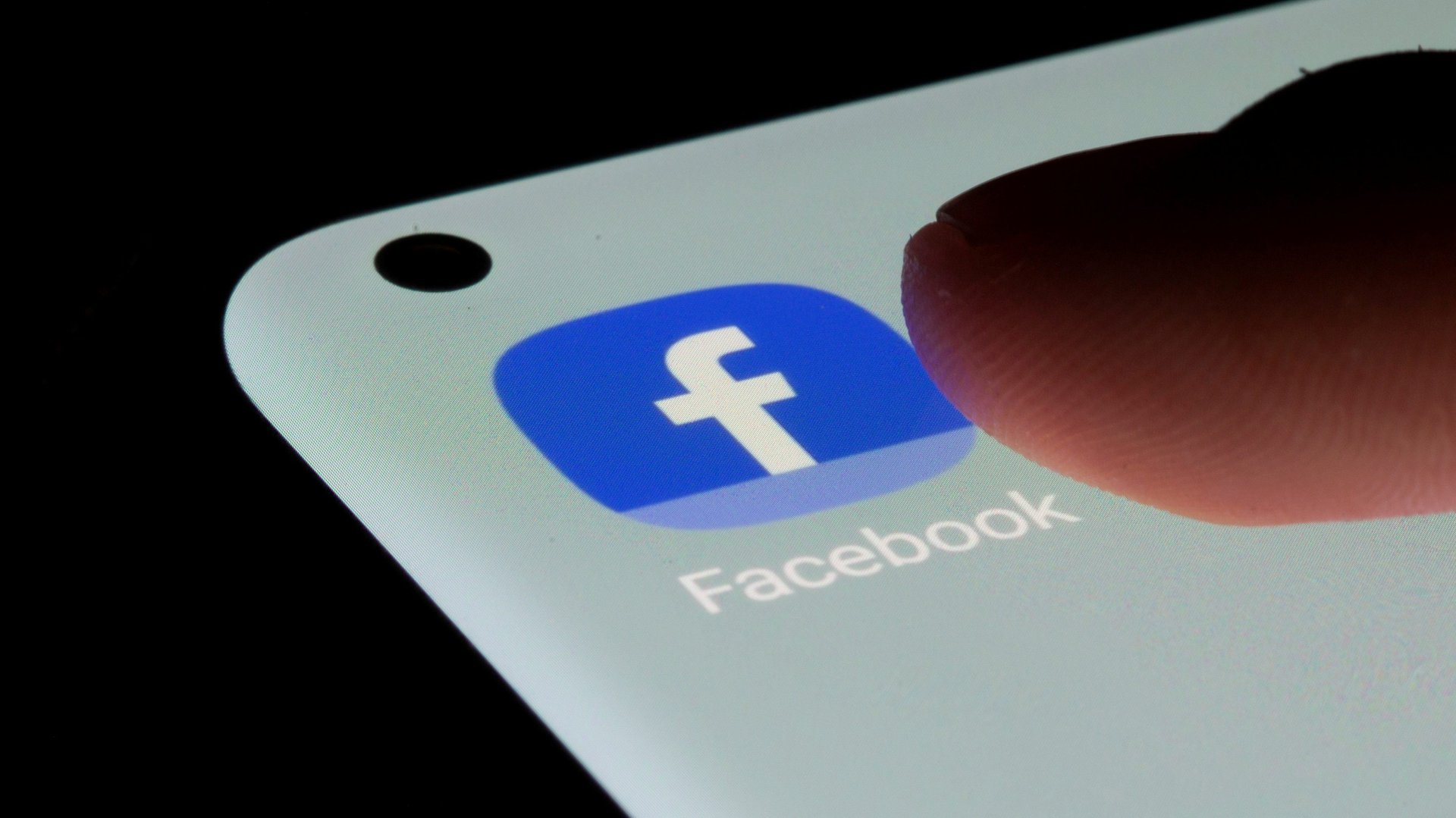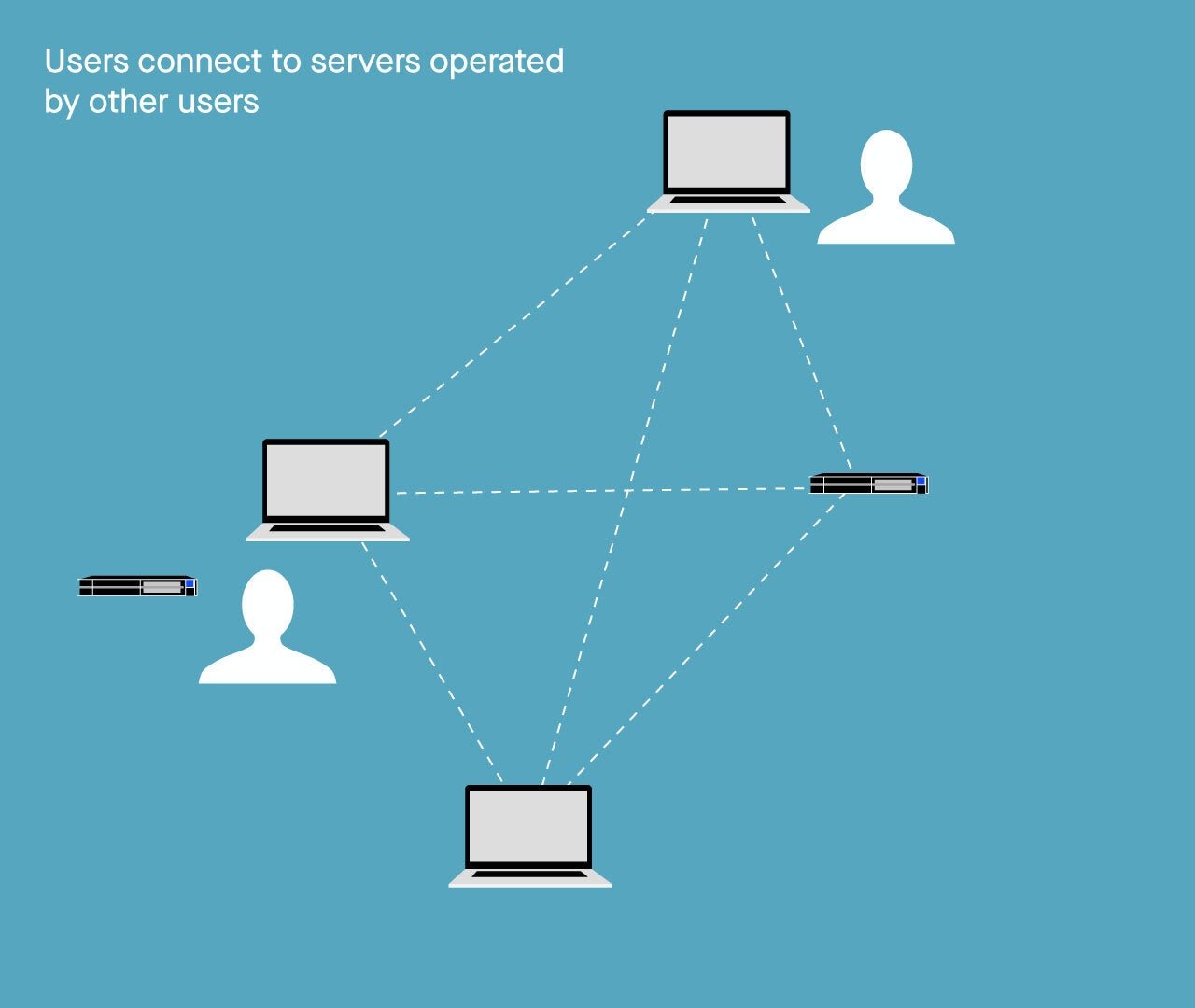A world without Facebook
Good morning, Quartz readers!


Good morning, Quartz readers!
Was this newsletter forwarded to you? Sign up here. Forward to the friend who does the research for your group vacations.
Here’s what you need to know
Facebook disappeared. The company’s stock dropped nearly 5% as the main site, Instagram, and WhatsApp all went down for nearly six hours.
The US is not softening its trade stance with China. Washington won’t lift tariffs yet, US trade representative Katherine Tai says—she also expects Beijing to uphold prior commitments.
Ozy Media is aiming for its Tylenol moment. Founder Carlos Watson said his controversial company will remain open, despite investors and advertisers walking away, and compared its crisis response to an infamous 1980s scandal.
Tesla must pay a former employee $137 million over racism. Owen Diaz, who is Black, had accused the carmaker of ignoring abuse he faced in the workplace.
Three scientists shared the Nobel prize for physics. Syukuro Manabe, Klaus Hasselmann, and Giorgio Parisi won the award “for groundbreaking contributions to our understanding of complex physical systems.”
What to watch for
There’s a $3 trillion investment gap in green infrastructure, and the Organization for Economic Cooperation and Development (OECD) wants to close it.
The coalition of 38 advanced economies will meet today and tomorrow in Paris under the theme of “Shared Values: Building a Green and Inclusive Future” to tackle long-term challenges, especially climate change. One of its premier initiatives is the Blue Dot Network, a voluntary, government-backed certification to set quality standards for green infrastructure. Developed at the behest of the US, Australia, and Japan, it aims to give investors a clear signal about what constitutes a “sustainable infrastructure project” in the hopes of catalyzing private infrastructure financing.
Slogans like “Build Back Better” during the Covid-19 pandemic were meant to prioritize “green” infrastructure that puts humanity on a low-carbon trajectory (and to compete with China’s own Belt and Road Initiative in the developing world). But that hasn’t materialized as hoped, favoring fossil fuels instead, so the Blue Dot Network may put its own stamp on the process. 🔵
The true cost of the California oil spill
Sunday’s oil spill off the California coast likely totals at least 126,000 gallons, and could take months to clean up. According to the Associated Press, 12 hours elapsed between the coastguard’s first reports of a leak, and the oil company’s emergency actions.
The last major oil spill in the state, in 2015, was about 101,000 gallons, and cost at least $69 million to clean up. Under US law, such costs are meant to be covered by the guilty company but in practice, many costs still fall to the public.
💰 Losses to local businesses like fisheries and tourism have to be litigated in civil court and may not be fully covered.
💰 In the case of the 1989 Exxon-Valdez spill, real ecosystem damage may have been up to seven times higher than the $1 billion in restoration fees paid by the company.
💰 The oil company can still write off lost profits on its taxes; BP eventually passed $10 billion to taxpayers in this way after the 2010 Deepwater Horizon spill.
Web3 is the blockchain-powered web of the future
A growing group of techno-utopians, cypherpunks, and software enthusiasts envision a future internet that is decentralized and underpinned by blockchain technology, and they’re calling it Web3.
In Web3, blockchain technology replaces the internet’s centralized servers. Instead of sending your information to and querying from a Facebook- or Amazon-owned server, for example, all of these data are stored on a peer-to-peer, decentralized database, or a public blockchain.

This approach has its pluses and minuses:
Pros: Users own the data, transparency, native payments, censorship resistant
Cons: Lack of privacy, inefficiency, lack of regulation, environmental impact
The latest edition of the just-for-Quartz-members Forecast email unpacks these pros and cons and predicts where Web3 will be in one, five, and 10 years.
✦ We predict becoming a Quartz member will make you smarter in one year. Get 40% off with code QZEMAIL40.
Handpicked Quartz
🔒 Retailers are locking in expensive shipping contracts that will likely outlast the pandemic
⚫️ Ex-Ozy Media chairman Marc Lasry is a major investor in the company behind the California oil spill
Surprising discoveries
Hair doesn’t fall out because cells die as we age. It falls out because cells walk out on the job.
Part of Paris Fashion Week was an episode of The Simpsons. The Balenciaga crossover may be a publicity stunt, but it’s a good publicity stunt.
Winnie-the-Pooh’s bridge is up for auction. The original 1907 Poohsticks bridge, now up for grabs, was replaced in 1997 with a sturdier version.
Fences made out of active beehives can keep elephants and humans apart… Both sides can agree that a dislike of bee stings is universal.
…And rock music can save humans from bear attacks. One Japanese prefecture is hoping a catchy tune by a sexagenerian group will get safety rules stuck in people’s heads.
Our best wishes for a productive day. Send any news, comments, Poohsticks winners, and rock ‘n’ roll safety tunes to [email protected]. Get the most out of Quartz by downloading our iOS app and becoming a member. Today’s Daily Brief was brought to you by Hasit Shah, Michael J. Coren, Tim McDonnell, Jasmine Teng, Morgan Haefner, Susan Howson, and Liz Webber.